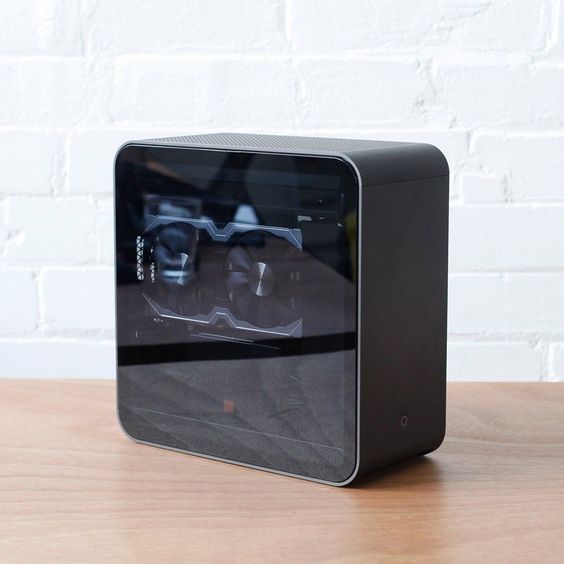A gaming PC is the powerhouse of any serious gamer’s setup. Whether for ultra-high-resolution graphics, lightning-fast frame rates, or seamless multitasking, a well-built gaming PC can handle the most demanding modern games and tasks. Gaming PCs offer more flexibility and performance than consoles, making them the preferred choice for gamers who want complete control over their system.
Performance and Power
The heart of any gaming PC is its hardware, which directly influences how well it performs. The key components include:
- Processor (CPU): The CPU handles all general operations in the PC. Gaming PCs typically use high-end processors from companies like Intel or AMD, with multiple cores and high clock speeds for seamless multitasking and fast game performance.
- Graphics Card (GPU): The GPU is responsible for rendering images, videos, and animations. It’s perhaps the most crucial component for gaming. High-end GPUs, such as the NVIDIA GeForce or AMD Radeon series, allow gamers to run the latest titles in ultra-high settings, with features like ray tracing and 4K gaming.
- RAM: Random Access Memory (RAM) is essential for loading games, running background applications, and ensuring that the PC can handle multiple tasks at once. Most gaming PCs come with at least 16GB of RAM, with higher-end systems offering 32GB or more for optimal performance.
- Storage (SSD/HDD): Solid State Drives (SSDs) are favored over Hard Disk Drives (HDDs) in modern gaming PCs due to their superior speed and efficiency. SSDs drastically reduce loading times in games and applications, making them the preferred storage option.
Customization and Upgradability
One of the greatest benefits of a gaming PC is its upgradability. Unlike consoles, which have a fixed hardware configuration, gaming PCs can be customized and upgraded over time. As new games are released and hardware becomes more advanced, gamers can swap out individual components, like upgrading the graphics card or adding more RAM. This future-proofing ensures that a gaming PC can remain top-tier for years.
Cooling and Thermal Management
High-performance gaming PCs generate a lot of heat, particularly when running graphically intensive games or overclocking components. As a result, cooling is a significant factor in any gaming PC. Most systems include multiple cooling fans, while more advanced setups feature liquid cooling solutions to ensure optimal thermal management.
Aesthetic Customization
Beyond performance, many gamers also focus on the aesthetic customization of their PCs. Transparent cases with RGB lighting, custom cables, and uniquely designed components allow gamers to personalize their rigs. From sleek and minimalistic setups to vibrant and eye-catching designs, the visual aspect of a gaming PC is just as important for some users as its internal power.
VR and Future Gaming
The future of gaming is closely tied to virtual reality (VR) and augmented reality (AR). A gaming PC offers the processing power necessary to run VR applications and games, providing a level of engaging that consoles can’t match. With powerful GPUs and CPUs, gaming PCs are often VR-ready, allowing users to dive into the virtual world without limitations.
Multitasking and Productivity
Gaming PCs aren’t just for gaming—they’re also powerful workstations. Thanks to their high-end processors and large amounts of RAM, gaming PCs can handle resource-heavy applications like video editing, 3D rendering

